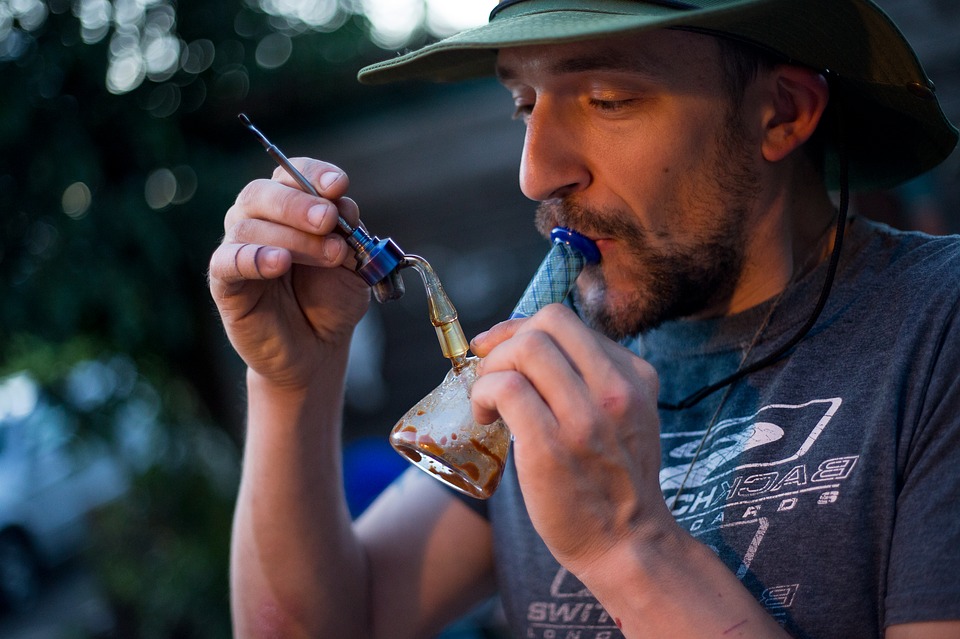Those who used cannabis as an adjunct to prescription opioids reported greater pain and anxiety than other patients, a study finds
A large Australian study has found no clear evidence that opioid users in chronic pain found relief from using illicit cannabis.
The study, which followed 1500 chronic non-cancer pain patients over four years, showed those who used cannabis as an adjunct to prescription opioids reported greater pain and anxiety than other patients.
Professor Michael Farrell, director of the National Drug and Alcohol Research Centre at the University of NSW, said the result showed the need for caution about claims that freer access to cannabis could reduce opioid use.
“One of the main messages is, if you look at the example of North America, where people are saying the legalisation of cannabis has reduced opioid overdoses… I look at that with a degree of scepticism,” he said.
“I think we need to be careful how we interpret these things and proceed with caution.”
Patients in the NDARC study, recruited through community pharmacies, had been in pain for a median of 10 years and had taken prescription opioids for four years. They also had high rates of physical and mental illness.
Researchers undertook annual assessments to investigate how many people managed to move off opioids, issues of dependency, and characteristics of their pain.
Some of the cohort used cannabis purely for their pain and some used the drug recreationally, Professor Farrell said.
Significantly, however, the number of patients interested in trying cannabis or cannabinoids for pain relief rose from 30% to 60%.
“That was no big surprise because both the international climate and the national media discussion about medicinal cannabinoids have been very prominent,” Professor Farrell said.
“We were interested in whether people moderated their expectation of what might be achieved, and the potential of cannabis to be opioid sparing.
“This isn’t the study to answer that question, but it does offer some information about what is happening.”
While some cannabis users had reported they used less opioids, their drug diaries indicated there wasn’t much change, he said.
The study authors noted that patients using cannabis with the intent of pain relief might have had more distress and poorer coping mechanisms than others in the cohort, and their pain might have been more severe without cannabis.
The research was conducted before Australia legalised medicinal cannabis in December 2016.
Professor Farrell described it as “a modest piece of work, looking at a real-world cohort and seeing what people’s experiences are”.
The medical profession needed to lead the way in developing access to medicinal product to establish its efficacy, he said.
“It might work, it might not. It might work for different people,” he added.
“I think the notion that we need to have some definitive body of evidence before we do things is not consistent with the current climate and the pressures of the day.”
The research is reported in the current issue of the journal Lancet Public Health.


